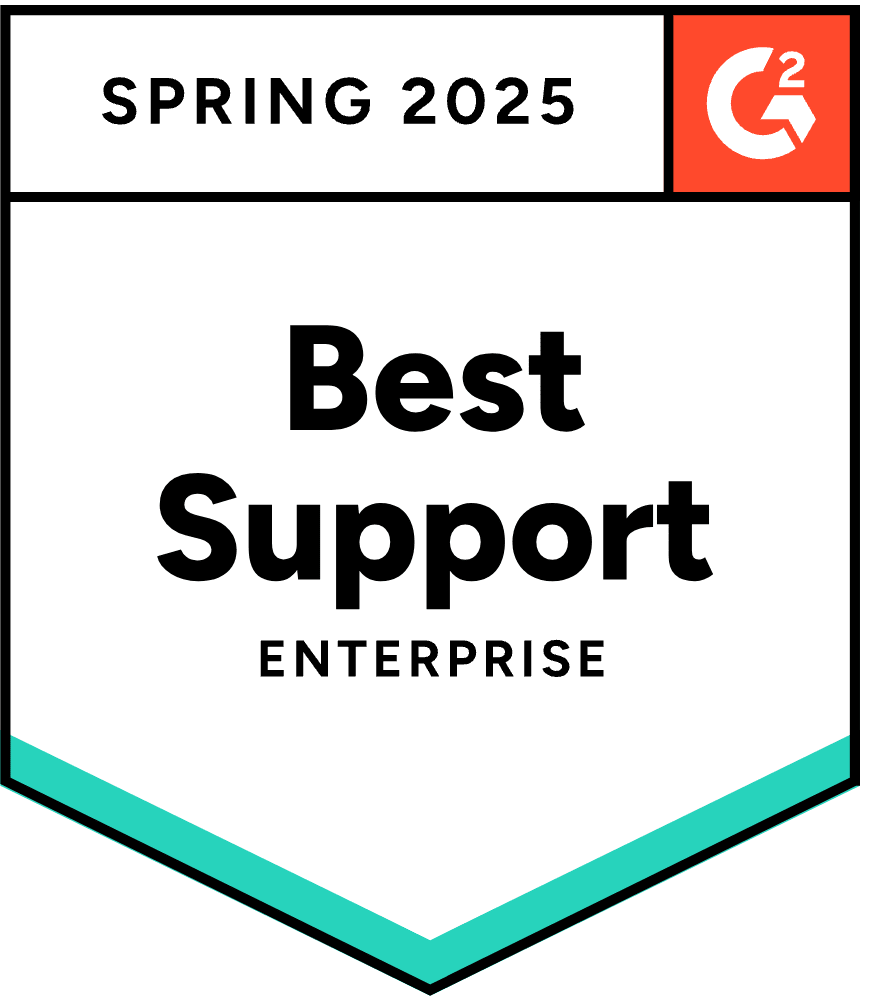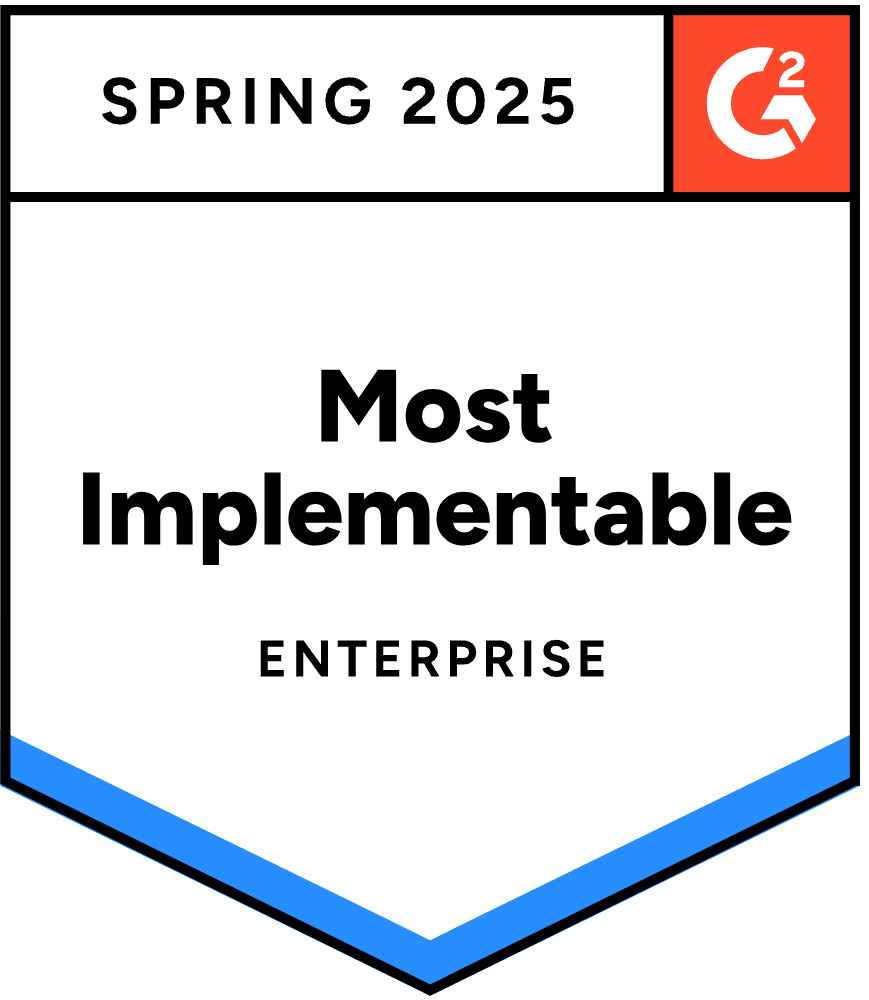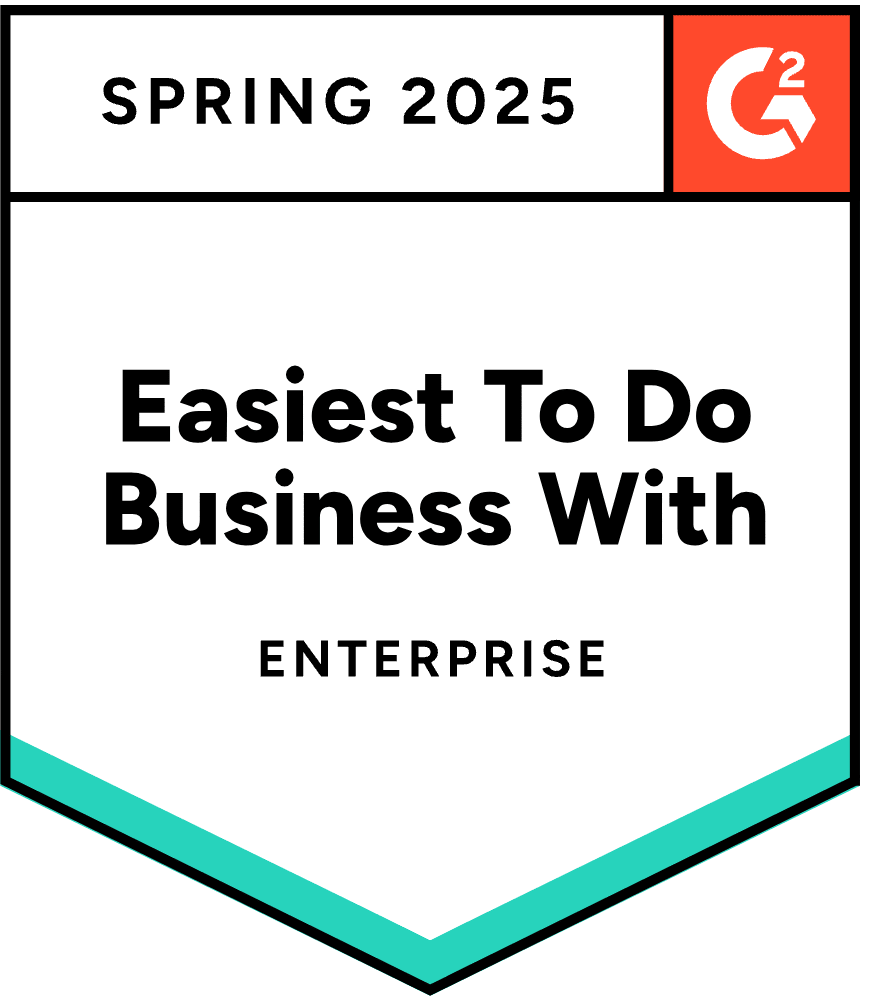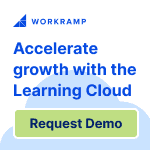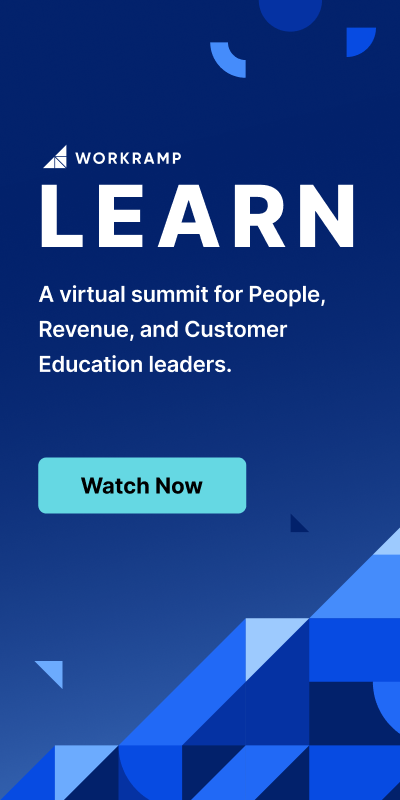Learning Tips Straight to Your Inbox
Most people think of learning as something that happens at school and generally ends once you complete high school or college. Lifelong learning is about taking a different perspective and learning and gaining new skills throughout your life.
In this post:
What is lifelong learning?
Lifelong learning, especially in the workplace, is generally self-initiated and focuses on personal or professional development instead of an academic subject. Lifelong learning can include taking online courses, attending seminars, or even reading books by experts or those who offer advice on improving your life in various ways.
Learning for professional development
Companies and employees often have a reactive approach to professional development. They don’t pursue it until there’s an immediate need, and their training might be thrown together at the last minute.
A far better approach is to be proactive in pursuing professional development. Think about where you’d like your career to go, and then consider what skills you need to get there.
Be sure to include both technical skills and soft skills. Some people only think about the technical skills they need to use specific software to do certain tasks, and while that’s important, it’s not the whole picture. You must also learn soft skills like communication, conflict resolution, change management, and coaching.
Some professional development opportunities you can take advantage of include:
- Attending industry conferences
- Job shadowing people who are in roles you might want in the future
- Getting a mentor who can help you set goals and hold you accountable
- Taking training courses and programs (in various formats, including virtual instructor-led training or asynchronous training)
- Reading books by authors and experts
- Reading magazines or journals to stay up-to-date in your industry
As you can see, most lifelong learning only requires a bit of initiative. However, it needs to be consistent so that you’re ready for the next opportunity.
Learning for personal development
If you want to succeed, you must consider more than your career. It’s also essential to be successful in various areas of your personal life.
For example, do you have the skills to have healthy relationships outside of work? Do you feel relaxed and balanced, or stressed and overwhelmed? Can you face your fears, or do you tend to run away from challenges?
Personal development is often broken into multiple areas, including mental, social, emotional, spiritual, and physical development. Personal development can help you in your personal and professional life.
One approach to lifelong learning for personal development is to focus on one area at a time and set one or two goals for the next three months. Or, you might make one goal in each of these areas and pursue that goal for a year.
For example, you might set the following goals:
- Mental: Read four non-fiction books
- Social: Have a “friend’s weekend” twice this year
- Emotional: Read the book “Mindset” by Carol Dweck
- Spiritual: Meditate 10 minutes a day
- Physical: Exercise 2 to 3 times a week
What’s important is that you understand your personal needs, strengths, and weaknesses and then learn what you need to know to better yourself in key areas.
Lifelong learning lessons from Joe Montana
How to stay [Joe] cool under pressure
NFL Hall of Famer Joe Montana knows how to thrive under pressure. The former 49ers quarterback who earned three MVP titles and four Super Bowl rings during his 16-season career has spent recent years making a name for himself in another Bay Area arena—the VC world of Silicon Valley.
Joe—whose world-class investment portfolio includes Pinterest, GitLab, Rippling, and WorkRamp—recently joined us for an exclusive customer event to share behind-the-scenes takes from his iconic NFL career and lessons on handling stress, embracing failure, and celebrating individual strengths in an organization.
With just under one minute left in the 1981 NFC championship game against the Dallas Cowboys, things were not looking good for the San Francisco 49ers, who were down 27-21. In a miraculous play—known simply as “the catch” to football fans—Joe Montana threw a six-yard touchdown pass that led the 49ers to victory, kicking off the team’s NFL dynasty of the 1980s.
Iconic plays like “the catch” earned Montana the nickname “Joe Cool” among fans awestruck by the quarterback’s ability to remain calm in high-pressure situations. But to Joe, these moments were simply a matter of getting the job done. “If you put in the work and are prepared, good things will happen,” says Joe. “It’s about how you come into work every day, not how you prepare for the big meeting.”
For enablement managers tasked with creating and administering up-to-date learnings and certifications, every day brings a to-do list of time-sensitive projects. These daily stressors are compounded by competing needs from different departments and constant updates with new releases and product launches. Joe reminds us that we can mitigate stress by focusing on time management and better preparation. Lessen your burden ahead of time by building solid foundational practices—it’ll make onboarding, content creation, and reporting that much easier down the road.
Embracing the “I” in team
While the adage “there’s no I in team” is often heralded in workplaces and sports settings, Joe holds a different philosophy. In learning the fundamentals of teamwork as a rising star at Notre Dame, Joe discovered that football is “a team game, but it’s also about the individual.”
In reality, Joe argues, there should be an “I” in team, where individuals are encouraged to sharpen their strengths for the good of the larger organization. Individual group members should take time to reflect on the capabilities that only they can bring to the team. Ask yourself, “what can I do to make myself better that will in turn make my team better,” encourages Joe.
This outlook is especially relevant in enablement, as onboarding and training programs directly impact employee success, and therefore, overall company performance. Enablement professionals can leverage their unique talents in coaching and knowledge-sharing to make major contributions to their organization, making a case for embracing the “I” in enablement. Unique, individual perspectives—like that of an enablement manager with experience as an account executive or in sales operations—make for better, more effective trainings.
Become better by failing forward
Under the leadership of longtime 49ers head coach Bill Walsh, Joe gained valuable insight into the benefits of failure. “We’re all going to make mistakes, so the biggest thing is how you recover from that mistake,” says Joe. “What do you do? Do you put so much pressure on yourself that you compound it and make it worse?” The better option, Joe learned, is to use a moment of failure as an opportunity to reflect, “take a step back and consider ‘what did I do? What caused that?’”
Embracing failure has proven beneficial throughout Joe’s career. “Business is a team, too. It’s about how you treat people when they make a mistake,” urges Joe. Combined with a fail-first attitude, Joe still aims for perfection. “If you strive to be perfect and you miss, you are still pretty good,” offers Joe with a smile.
The idea that failure presents an opportunity to grow has become a mainstream doctrine for many organizations in recent years—but that certainly doesn’t make mistakes easier to process. By promptly entering a reflective state, as Joe suggests, we become solution-oriented, better preparing ourselves for the next time we encounter a challenging situation.
Why is lifelong learning important?
Lifelong learning is essential because life is always changing. You never know what might happen to challenge you at work or in your personal life. You’ll be better prepared to adapt to new situations as you learn and develop personally and professionally. You’ll also acquire the skills and aptitude you need to pursue your personal and professional endeavors.
Most importantly, you’ll never grow stagnant—you’ll always be learning something new and opening yourself up to new opportunities for growth.
What are the benefits of lifelong learning?
Lifelong learning has a wide variety of benefits. Working on your skills and personal attributes can help you succeed at work and help you develop better friendships, romantic relationships, professional connections, and career growth.
Career Success
Almost every organization has significant skill gaps between the necessary abilities and the skills employees actually have. If you can learn the skills necessary to fill these gaps, you can make yourself a key contributor to your team, department, and company. This can help you in your current role and beyond.
Build better relationships
Both professional and personal relationships can be challenging to navigate. However, having a few key skills can help you have much healthier and more productive connections.
For example, being a better communicator will help you be a better friend, partner, and leader. If you gain self-confidence, you’ll be able to present your best self and set better boundaries. Knowing how to be honest and own your mistakes will also help you in all of your relationships.
Being a lifelong learner will help you gain and refine these skills, resulting in far better relationships and more success and joy in your life.
Learning helps your brain
Almost everything in our body changes for the worse if we don’t use it often enough. That includes our brains! Learning new things regularly can help your brain cells function at optimal levels and slow mental decline.
Studies have shown that you don’t need formal learning to get these benefits. Learning to play an instrument, studying a new language, or even changing the oil in your car are simple, practical things you can learn that help keep your brain active.
You rediscover your passions
Most of us are told we should follow our passions, but many have no idea what we’re passionate about. One of the best ways to find out is to learn a variety of different things and see what resonates most.
For example, you might discover a passion for drawing through an online course or your passion for music by taking guitar lessons. At the same time, you might discover that crafts don’t excite you or that while you can gain some computer programming skills, it’s not something you have a lot of interest in.
Knowing what excites and interests you can help you focus your career and personal life in fulfilling ways.
Develop professional connections
It can sometimes be intimidating to approach those we admire and would like to learn more from. But what if you encounter them in a training class or professional workshop?
Being in a learning environment is an excellent opportunity to network with others. You’re all on the same level, trying to learn something new, and that shared experience can help you connect with other professionals.
Being a lifelong learner and taking advantage of professional conferences, workshops, and other learning opportunities can help you form professional connections that will benefit your career.
How can an LMS help with lifelong learning?
A learning management system (LMS) can help you centralize training and resources in one place. The right LMS also allows you to offer personalized training paths and on-demand access to learning materials. A learning platform can also help you create materials to engage multiple learning styles.
The flexibility and customization of on-demand, personalized training allow employees to complete training on their own time, at their own pace. You can also use an LMS during group training sessions to promote social learning and encourage team members to collaborate and share their learning.
WorkRamp is an All-in-One Learning Platform that can help you create a culture of learning at your company. Contact us to schedule a free, personalized demo today!
__________
This exclusive interview with Joe Montana is part of the WorkRamp VIP experience for our customers and partners. To learn about future VIP events and other WorkRamp VIP membership perks, email us at vip@workramp.com.
This interview was conducted in October 2020. This article has been updated.
Complete the form for a custom demo.
Recent Posts
- Why Secure LMS Platforms Are a Must for Regulated Industries July 10, 2025
- Top LMS Integrations That Power Smarter, Faster Learning July 2, 2025
- Introducing WorkRamp Analytics Studio: Unlocking Your Data Insights with AI June 30, 2025
- 11 AI LMS for AI-Powered Learning June 27, 2025
- The Best LMS Platforms for Customer Retention (2025 Guide) June 27, 2025
WorkRamp Contributor
You might also like
Simple steps to promote continuous learning and improvement
Check out these three actionable ways to expand and improve your L&D program.
Read More
Best practices to engage and motivate employees
Why create a learning culture in your organization? To help build employees’ skills, competencies, and more.
Read More
Employee training by the numbers
Employee training has changed significantly over the past several years. Here are seven learning and development statistics you should know to help you improve your organization's L&D.
Read More
Ready to Get Started?
Get in touch to learn how WorkRamp can help you achieve your training goals.
Request a Demo